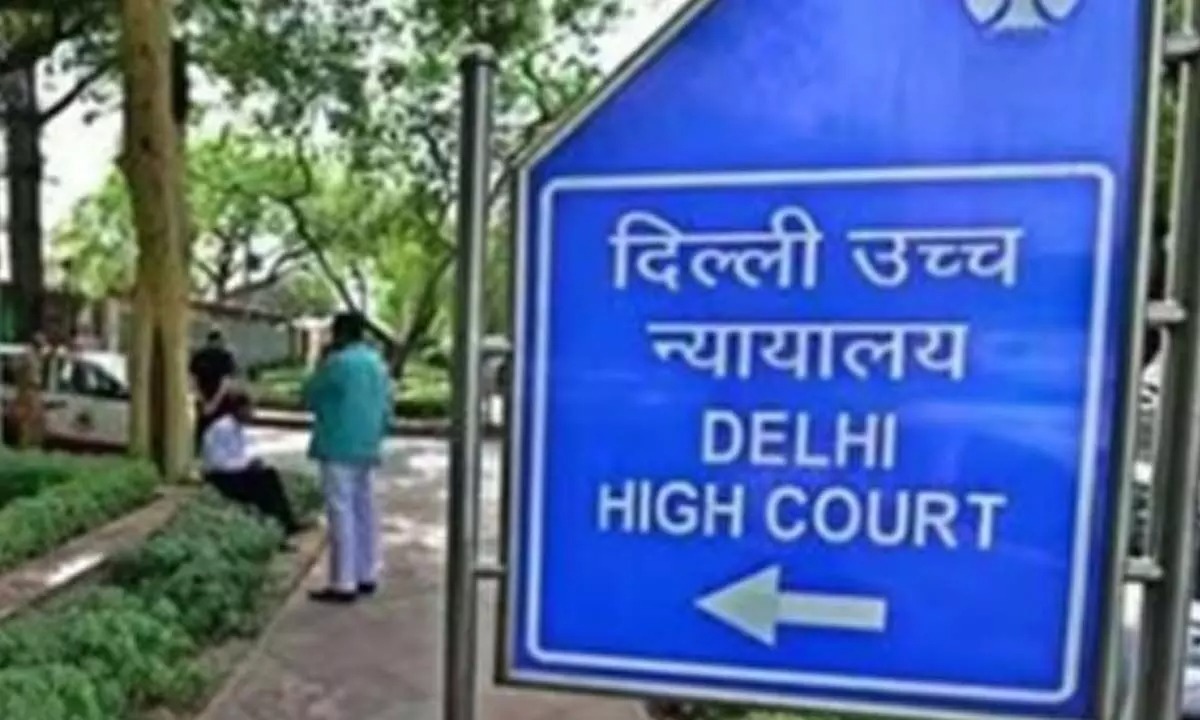P. Govindan Nair, J.@mdashThe petitioner has been assessed to income tax for the year 1960-61. This is evidenced by Ext. P. 1 order of assessment made u/s 23 (4) of the Indian income tax Act, 1922, The relevant part of that order estimating the income of the writ applicant is in these terms:
The assessee are timber dealers, commission agents, and forest contractors. Their average income in the past three years has been above Rs. 20,000/-. I understand that the timber business had a good market during the account year for 1960-61. I shall therefore estimate the assessee''s total income from business at Rs. 25,000/-........
An application was moved u/s 27 of the Indian income tax Act, 1922 for re-opening the assessment evidenced by Ext, P. 1. This application was rejected. There was an appeal from that order rejecting the application and there was also an appeal from the order of assessment Ext. P. 1 questioning the quantum of the income estimated. Both these appeals have been rejected.
2. In this writ application the order Ext. P. 1 has been impugned and the ground relied on is that the order has been passed in violation of the principles of natural justice. There is said to be violation of the principles of natural justice because the method which the income tax officer decided to follow was not made known to the assessee and he was given no opportunity to state his case regarding the method. In support of this contention reliance has been placed on the decision of the Supreme Court in
There is nothing in the Act itself which requires the income tax Officer to disclose to the assessee the material on which he proposes to act or to refer to it in his order but natural justice demands that he should draw the assessee''s attention to it before making the order. Information which the income tax Officer has received may not always be accurate and it is only fair when he proposes to act on material which he has obtained from an outside source that he should give the assessee an opportunity of showing, if he can, that the income tax Officer has been misinformed, but the income tax Officer is obviously not bound lo disclose the source of his information.
And in the latter case Narayanan Chandra Baidya v Commissioner of income tax (1951-28 I. T. R. 287), the Calcutta High Court remarked that:
before charging any person with financial liability he should be informed of the material on which the charge was going to be imposed and given an opportunity to relent the effect of the material if he can......
And the first decision arose out of an assessment u/s 23 (3) of the Indian income tax Act and the Calcutta case is an assessment u/s 23 (4).
The decision of this Court in (1958) 34 I. T. R. 123 also arose out of an assessment u/s 23(4).
3. It is clear from the above rulings that if the assessee has not been given an opportunity to place his case regarding the materials on the basis of which the assessing authority intended to proceed, there will be violation of the principles of natural justice. If that be so, the order passed in such circumstances will have to be set aside. And this is so even if that order has been taken in appeal and the appeal dismissed. For this proposition there is the authority of the Supreme Court in
4. Counsel on behalf of the revenue has raised a further point and that is based on the distinction that he seeks to draw between an assessment u/s 23(3) of the Indian income tax Act and one u/s 23(4). It is urged that the opportunity which this Court emphasised in Swamy & Brothers, Alleppey v Commissioner of income tax (1957 K. L. J. 921) should be given to an assessee would apply only to those cases of assessments falling u/s 23(3) of the Indian income tax Act, 1922. It is so urged notwithstanding the fact that'' the above decision is rendered in relation to an assessment made u/s 23(4). Perhaps this argument was suggested because of a contention which has apparently been raised before a Division Bench that an assessment u/s 23(4) is similar to an ex parte decision under the CPC adopted by a Civil Court in cases where parties refuse to appear before it. This aspect though suggested by counsel apparently was not pressed or adhered to at the time of the disposal of the case later on after calling for an additional statement from the income tax Appellate Tribunal and so was not decided in that case. The provisions contained in Section 142(3) and Section 144 of the present income tax Act, 1961 have apparently suggested this argument now. The relevant provision contained in Section 142 (3) reads as follows:
(3) The assessee shall, except where the assessment is made u/s 144, be given an opportunity of being heard in respect of any material gathered on the basis of any enquiry under sub-section (2) and proposed to be utilised for the purpose of the assessment.
5. From the above provision, it is suggested that it is clear by necessary implication that the statute has now provided that an opportunity in respect of any material gathered by the income tax Officer need not be given to the assessee in matters of assessments falling u/s 144. Whether the Legislature intended to do away with the principles of natural justice by enacting Section 142(3) it is unnecessary for me to consider for the purpose of this case, for, the assessment in question has been made under the 1922 Act which did not contain a provision similar to Section 142 of the income tax Act 1961.
6. Dealing with the matter in the light of the provisions in the Indian income tax Act 1922 I do not think that any distinction should be drawn between an assessment made u/s 23 (3) of the Act and the one u/s 23 (4). In both these cases, the provision is the same. Though in cases of certain assessments u/s 23 (3) the material furnished by the assessee is relied on there can be a number of cases where the assessments are made solely on the basis of materials collected by the officer. When he has gathered such material and if such material has been gathered behind the back of the assessee or when he relies on information which is not made known to the assessee it appears to me, that natural justice requires that before he proceeds on the basis of the material or information, this must be made known to the assessee. No qualification has been imported to this rule by exempting assessments u/s 23(4) by any decision adverted to by counsel. I therefore follow the rulings of the Supreme Court and of this Court and hold that the order Ext. P. 1 has been passed in violation of the principles of natural justice. I therefore set aside the order Ext. P. 1 and allow this writ application. This will not preclude the assessing authority from assessing the petitioner afresh after giving an opportunity to the petitioner to state his case regarding the proposal for assessment. This writ application is ordered on the above terms. I make no direction regarding costs.

